At the recent International Churchill Society 2024 Conference held in London which I attended, what struck me most was what speaker after speaker focused on – namely, the uncanny similarities between Europe in 1938 and the current situation in Ukraine.
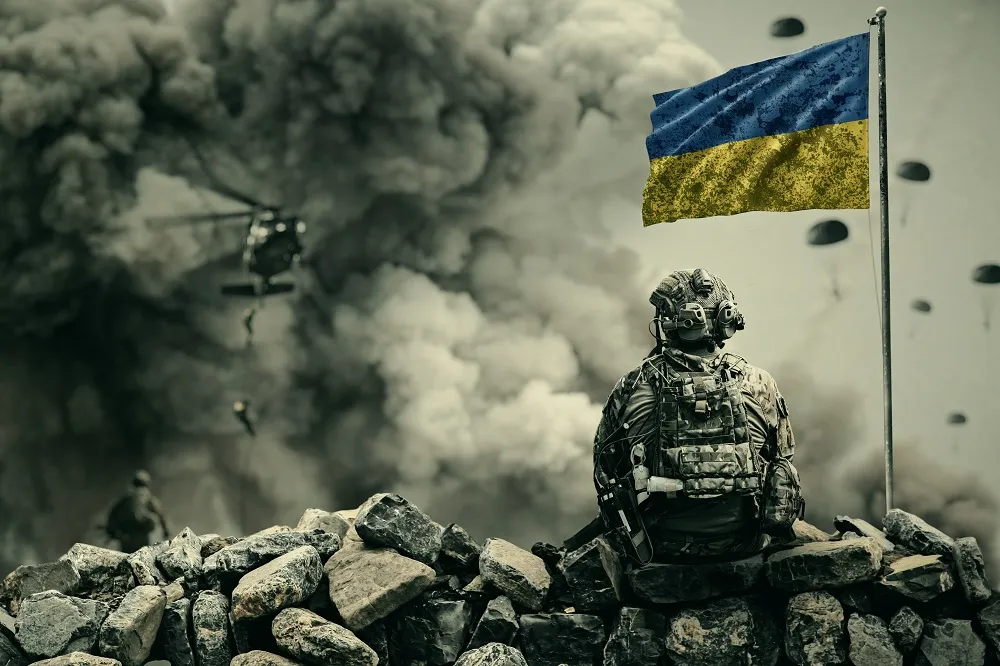
The similarities between Europe in 1938 and the current situation in Ukraine are striking. They provide a compelling lens for understanding the challenges of today. Here are the major parallels:
- Aggressive Expansionism
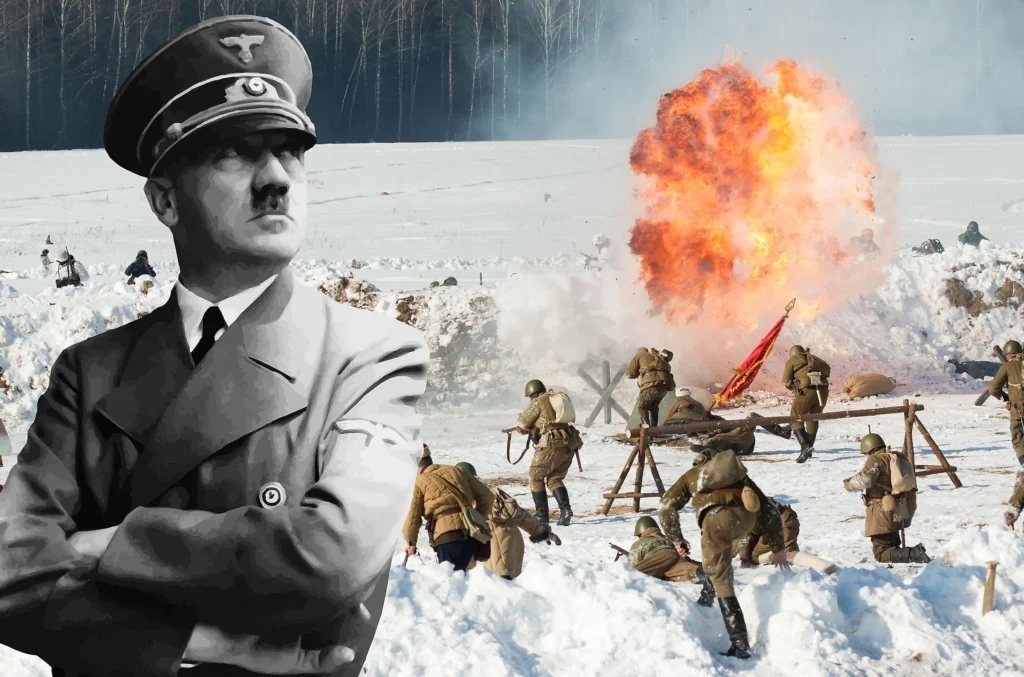
- 1938: Adolf Hitler pursued territorial expansion, beginning with the annexation of Austria (the Anschluss) and the demands for the Sudetenland in Czechoslovakia, arguing for the unification of ethnic Germans.
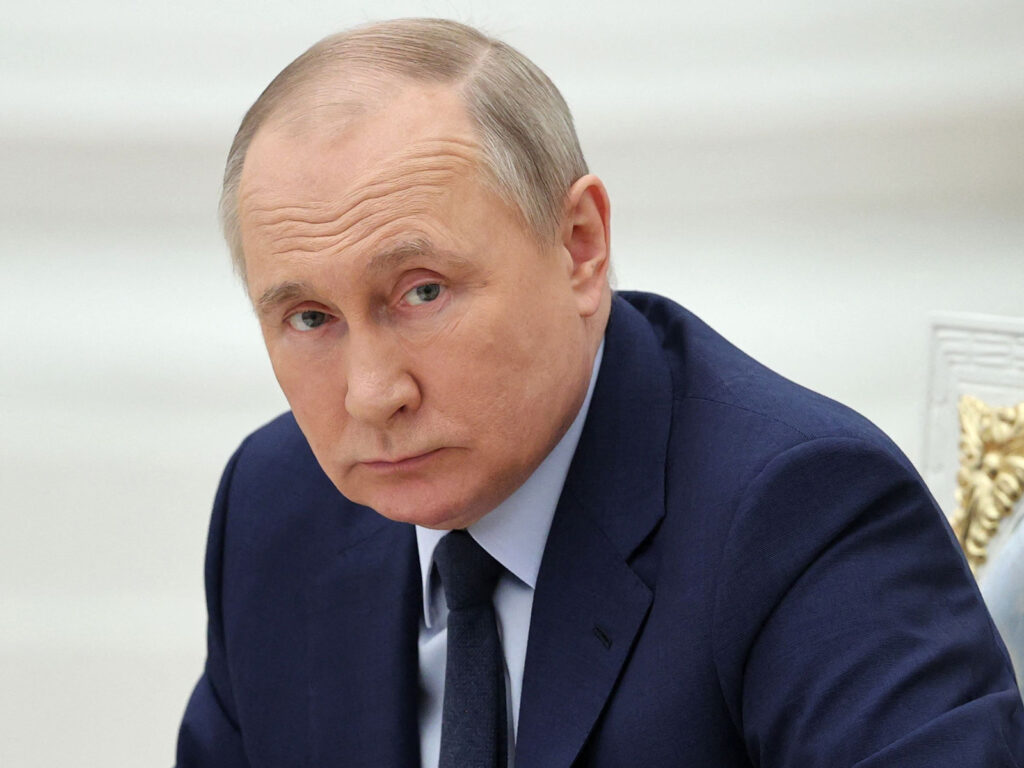
- Today: Russia, under Vladimir Putin, has annexed Crimea and supports separatist movements in eastern Ukraine, justifying actions through historical claims and the protection of ethnic Russians.
- Appeasement vs. Resistance
- 1938: Western powers, particularly Britain and France, pursued a policy of appeasement at the Munich Conference, hoping to avoid war by conceding to Hitler’s demands.
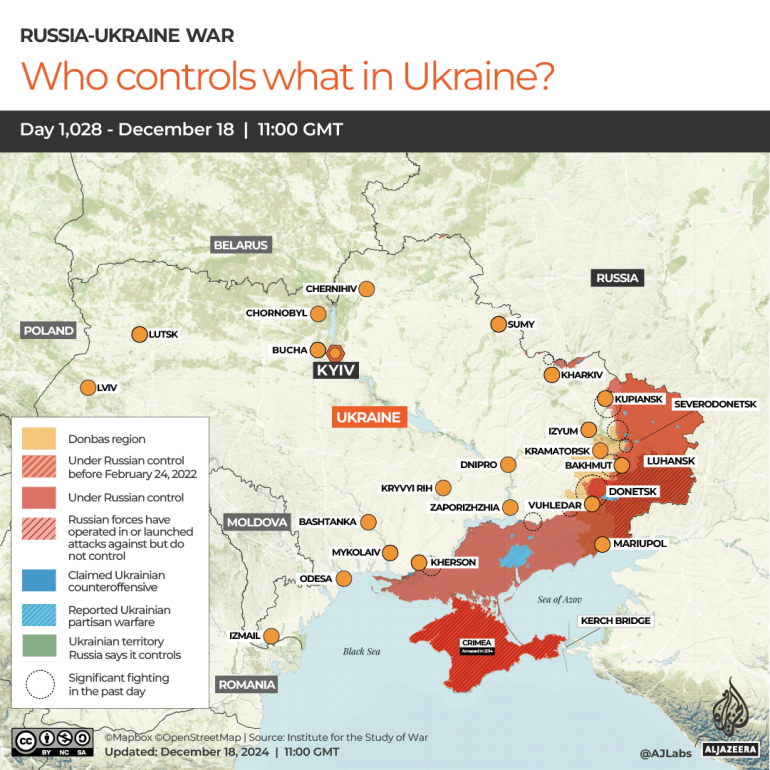
- Today: Europe and NATO face debates over how much support to provide Ukraine. While some nations advocate for strong military and economic aid, others are wary of provoking a broader conflict with Russia.
- Undermining International Norms
- 1938: Hitler’s actions directly violated the Treaty of Versailles and the principles of post-World War I peace settlements.
- Today: Russia’s invasion of Ukraine challenges the post-Cold War international order, particularly the principles of sovereignty and territorial integrity enshrined in the United Nations Charter.
- The Role of Strong Leaders
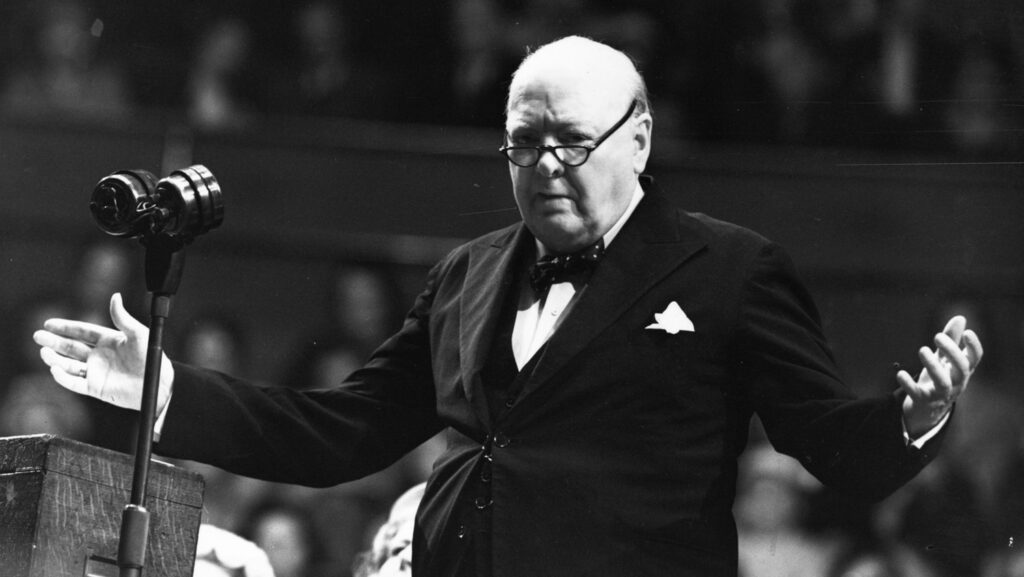
- 1938: Winston Churchill, though not yet Prime Minister, warned against appeasement and foresaw the dangers of unchecked aggression, often standing in opposition to more conciliatory voices.
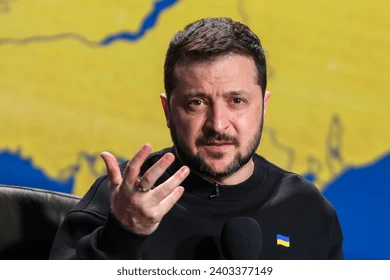
- Today: Leaders such as Ukrainian President Volodymyr Zelensky have emerged as figures of defiance, rallying their nations and the international community against aggression.
- Economic Pressures and Military Readiness
- 1938: Britain and France were hesitant to confront Germany due to economic concerns and the lingering effects of the Great Depression, coupled with insufficient military preparedness.
- Today: Europe faces economic challenges, including inflation and energy dependence on Russia, which complicate a unified response to the crisis in Ukraine.
- The Failure of International Institutions
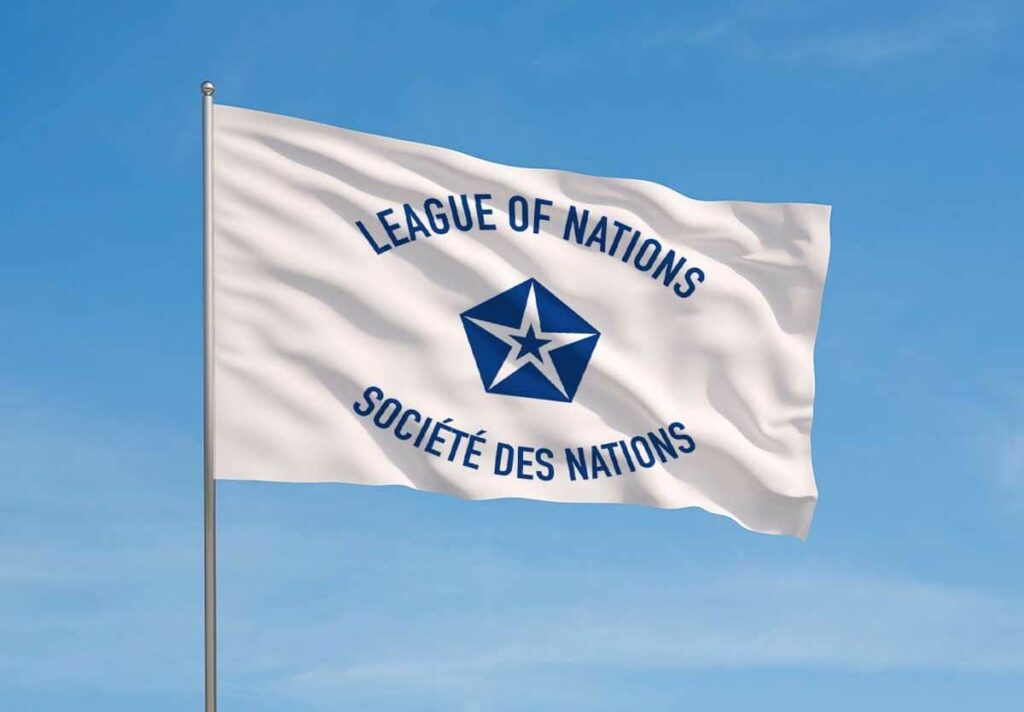
- 1938: The League of Nations was ineffective in curbing aggression, failing to enforce collective security or deter expansionist states.
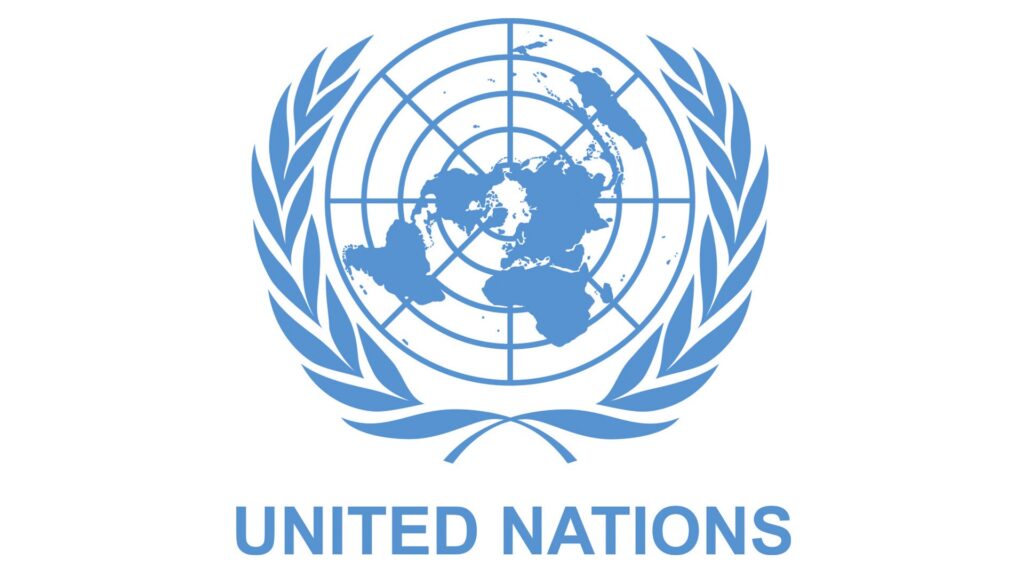
- Today: Critics argue that the United Nations and other global institutions have struggled to decisively address Russia’s actions, revealing limitations in enforcing international law.
- Public Sentiment and Propaganda
- 1938: Propaganda fueled nationalist fervor and justified aggressive policies in Germany, while public opinion in Western democracies leaned toward isolationism and avoiding war.
- Today: Russian state media propagates narratives to justify actions in Ukraine, while public opinion in Western countries remains divided over the extent of involvement.
- Potential for Escalation
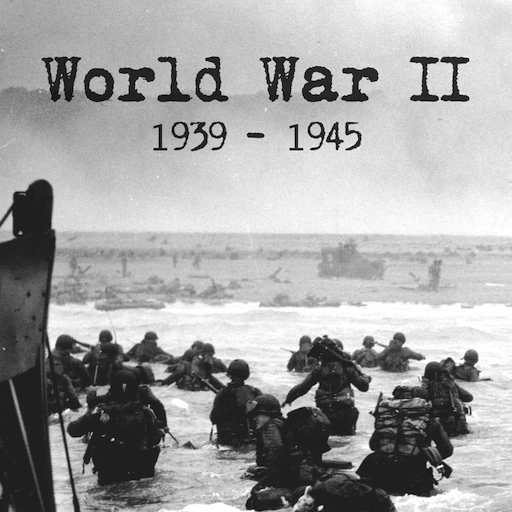
- 1938: The appeasement of 1938 emboldened further aggression, leading to the invasion of Poland in 1939 and the outbreak of World War II.
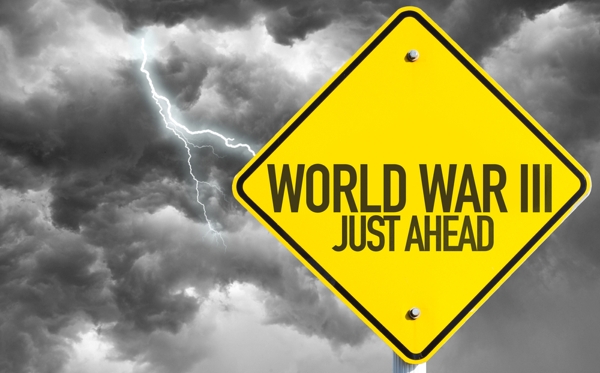
- Today: The conflict in Ukraine risks escalating into a broader confrontation, with fears of spillover into NATO territories or the use of advanced weaponry.
Churchill’s warnings from the 1930s resonate profoundly with today’s geopolitical situation, particularly in Europe and Ukraine. His prescience about:
- the dangers of appeasement,
- the need for collective security,
- and the importance of moral courage
serve as a powerful lens for understanding and addressing contemporary challenges.
Bottom line. Understanding history is crucial to avoiding the mistakes of the past. Winston Churchill said in a speech to the House of Commons in 1948:
“Those who fail to learn from history are condemned to repeat it.”
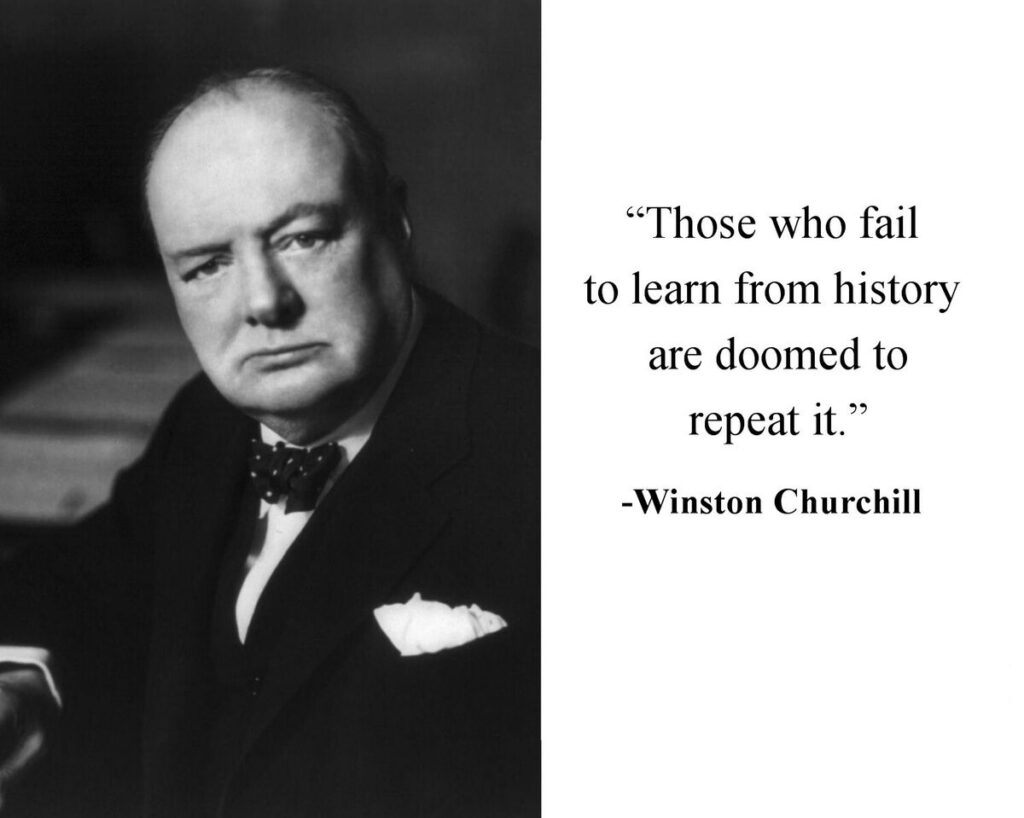
Bravo, Neil!